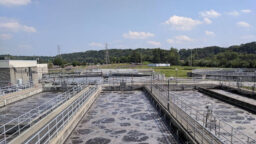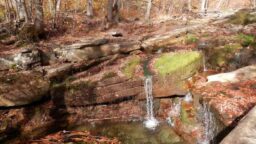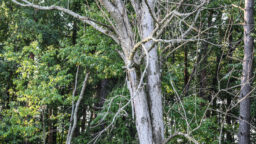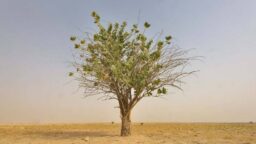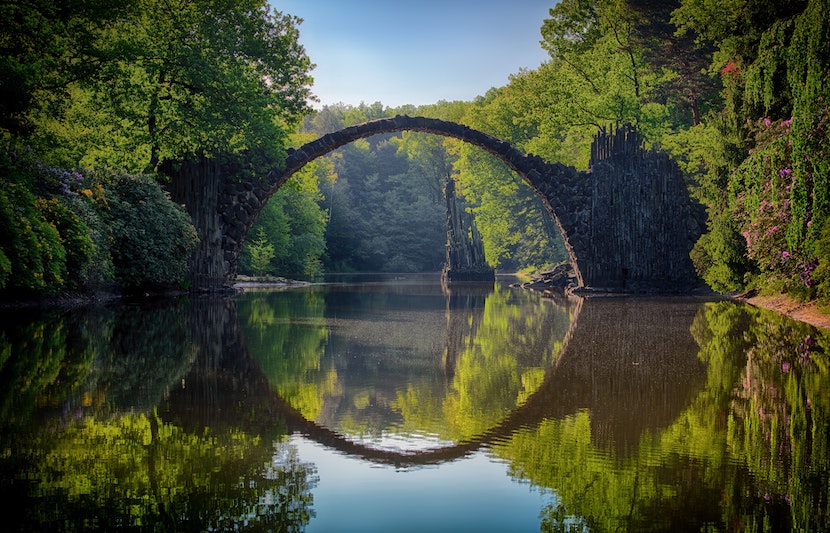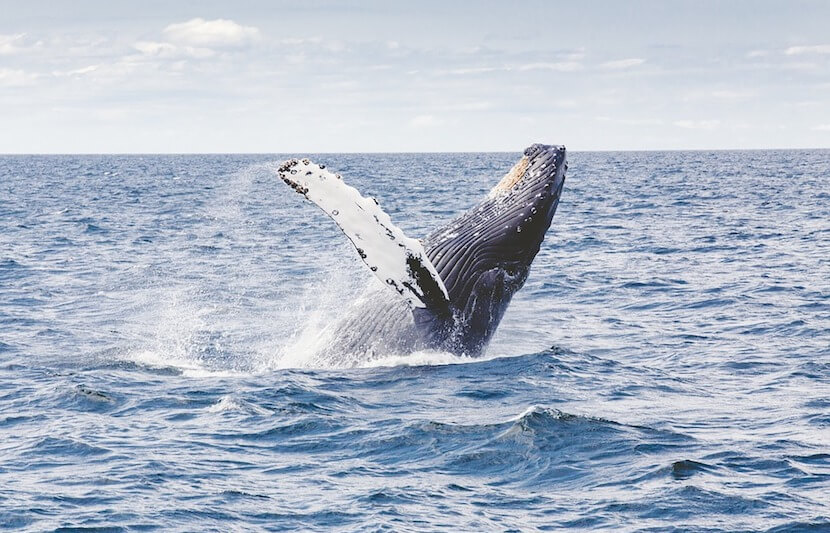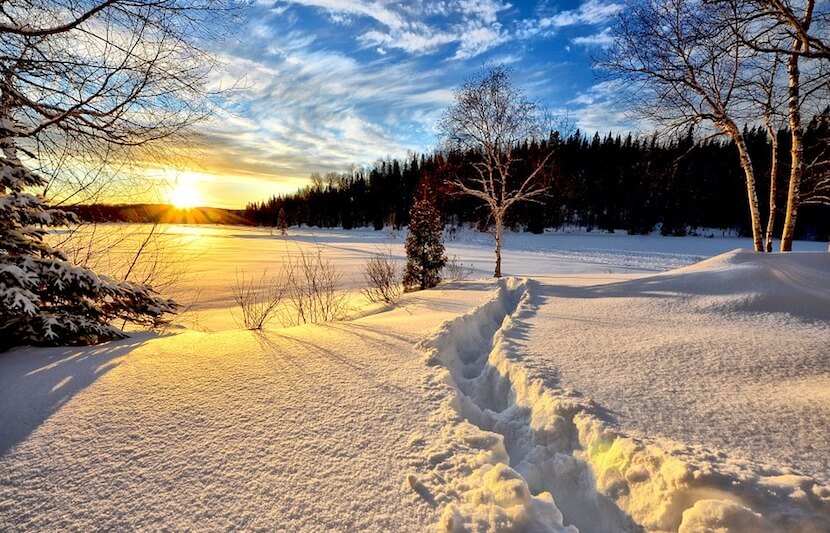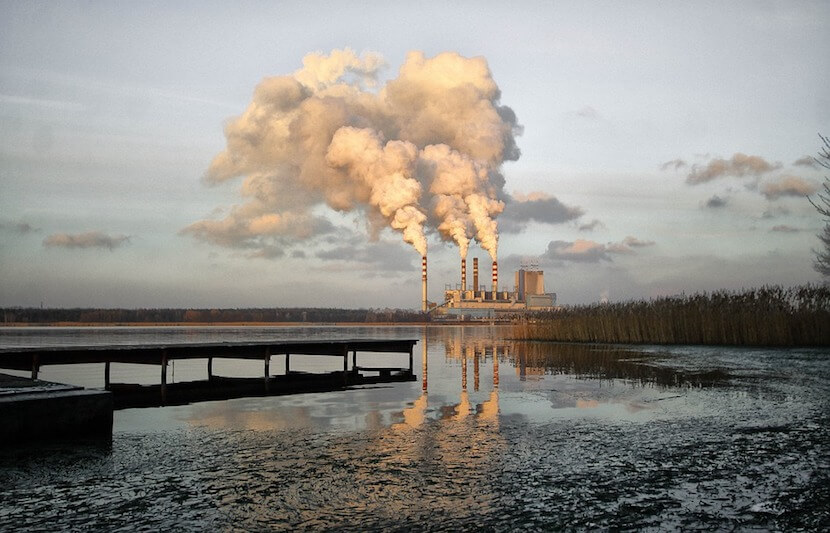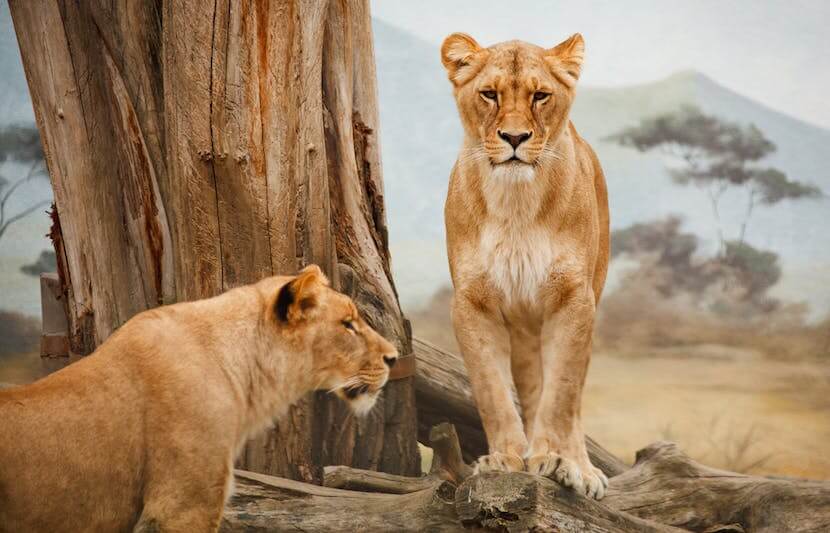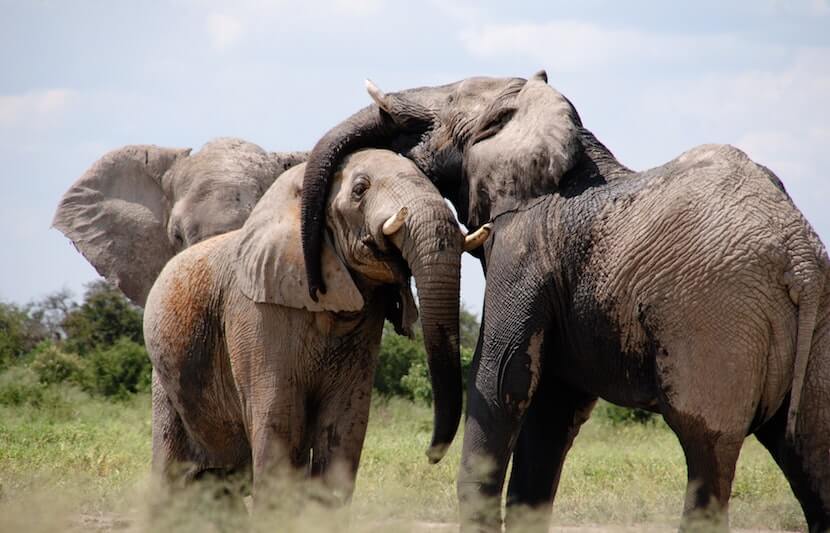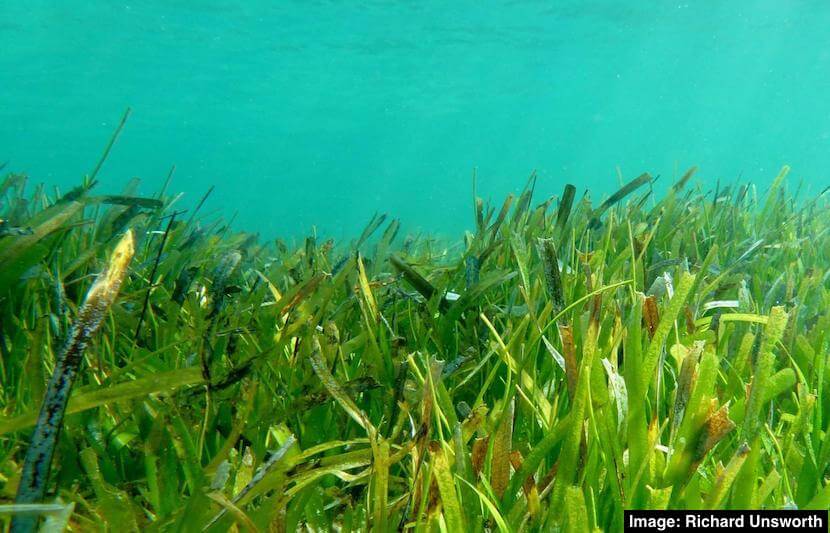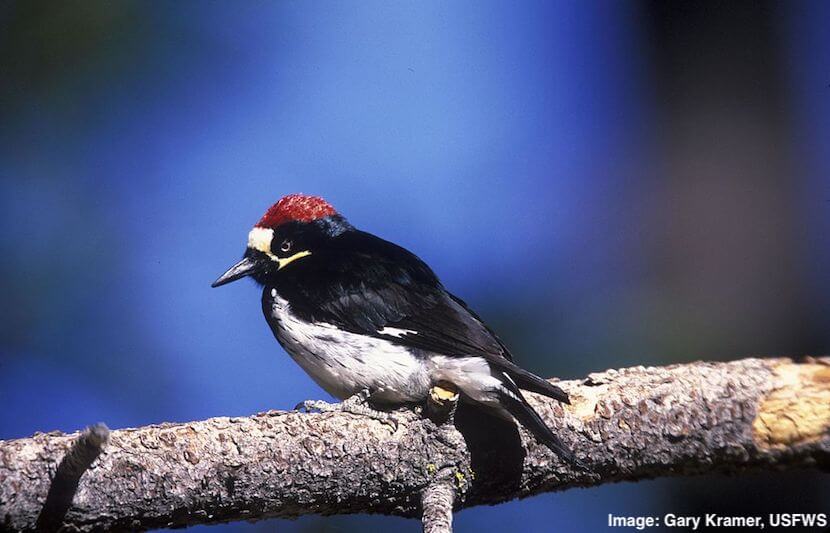-
Wastewater is an Asset – It Contains Nutrients, Energy And Precious Metals, and Scientists Are Learning How to Recover Them
Most people think as little as possible about the wastewater that is produced daily from their showers, bathtubs, sinks, dishwashers and toilets. But with the right techniques, it can become a valuable resource. On average, every Americans uses about 60 gallons of water per day for purposes that include flushing toilets, showering and doing laundry.… Read More
-
Small Streams and Wetlands Are Key Parts of River Networks – Here’s Why They Need Protection
The Trump administration is proposing to redefine a key term in the Clean Water Act: “Waters of the United States.” This deceptively simple phrase describes which streams, lakes, wetlands and other water bodies qualify for federal protection under the law. Government regulators, landowners, conservationists and other groups have struggled to agree on what it means… Read More
-
Can Genetic Engineering Save Disappearing Forests?
Compared to gene-edited babies in China and ambitious projects to rescue woolly mammoths from extinction, biotech trees might sound pretty tame. But releasing genetically engineered trees into forests to counter threats to forest health represents a new frontier in biotechnology. Even as the techniques of molecular biology have advanced, humans have not yet released a… Read More
-
How (and Why) to Stay Optimistic When It Feels Like the Environment is Falling Apart
Humans love optimism. It’s a no-brainer – optimism makes us feel good and wanting more. This attraction has deep neurological roots that affect both our brain functions and how we process new information. For this reason, optimism is powerful. Optimistic individuals or groups frequently perform better in sports, are better negotiators in business, and recover… Read More
-
Listening to Nature: How Sound Can Help Us Understand Environmental Change
Our hearing tells us of a car approaching from behind, unseen, or a bird in a distant forest. Everything vibrates, and sound passes through and around us all the time. Sound is a critical environmental signifier. Increasingly, we are learning that humans and animals are not the only organisms that use sound to communicate. So… Read More



